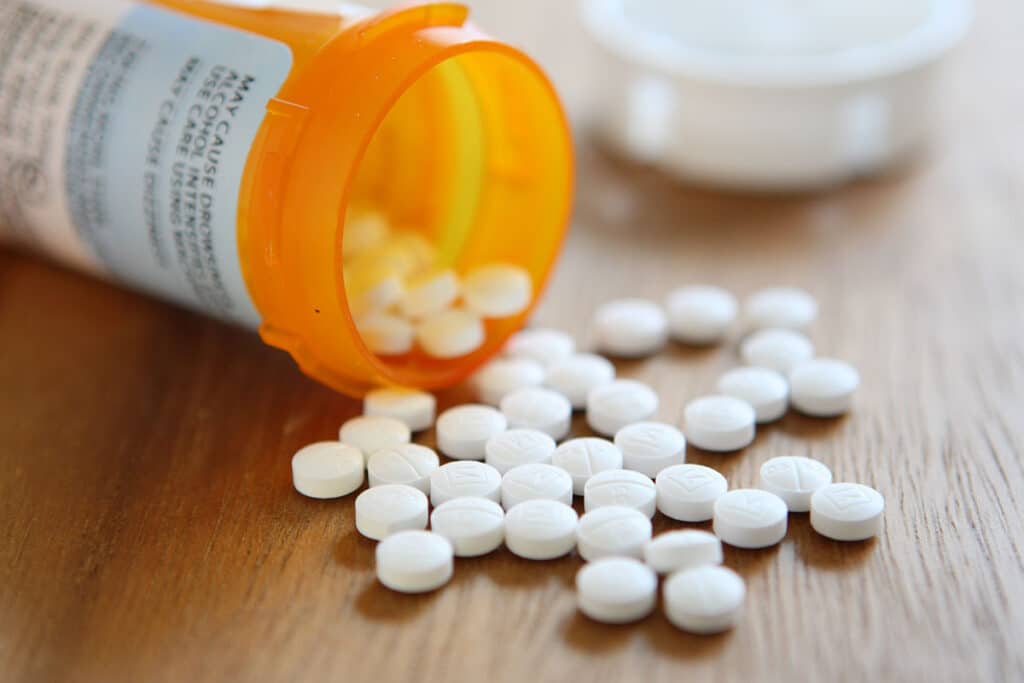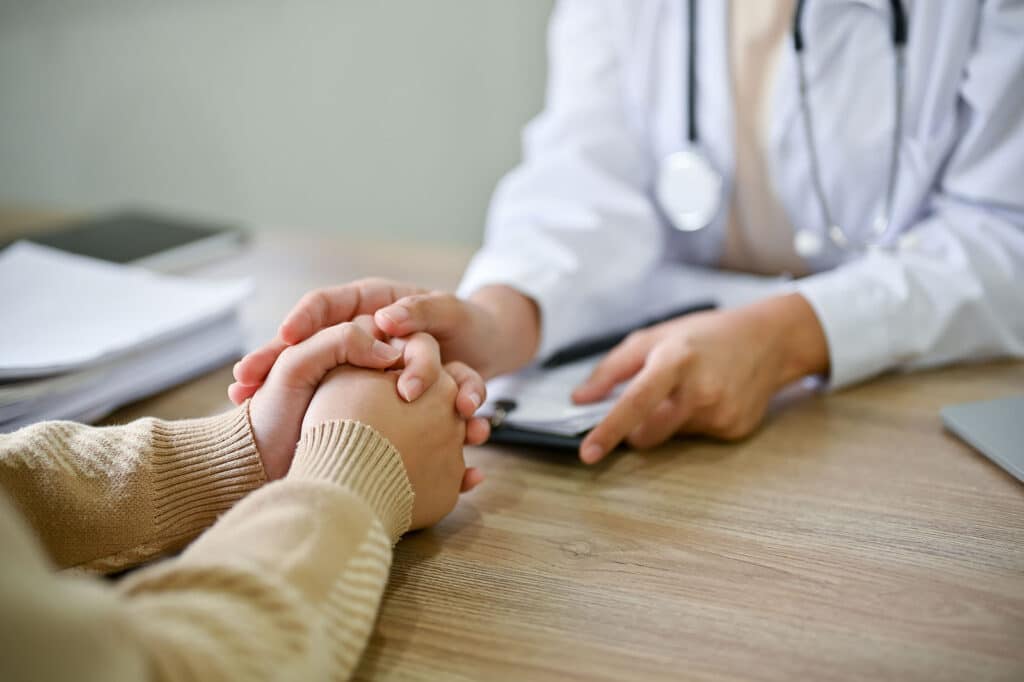Having Valium abuse can take a huge toll on you or your loved one’s life and life-threatening health issues. It can affect your personal relationships with your family members, your work relationships, your mental health, and your physical health. This article talks about Valium drug abuse or valium overdose in detail and how you can overcome it with various therapies.

Table of Contents
What is Valium Used For?
Valium is a brand name for the medication diazepam. Diazepam is a benzodiazepine (benzo) drug used to treat anxiety, muscle spasms, and seizures. It also has a benzodiazepine with amnestic, sedative, muscle-relaxant, anxiolytic, and anticonvulsant properties. The majority of effects of valium are believed to be the result of gamma-aminobutyric acid GABA, an inhibitory neurotransmitter in the central nervous system, being activated.
Doctors also use it to relieve symptoms of alcohol withdrawal. It works by increasing the effects of a certain neurotransmitter in the brain to produce a calming effect.
What Happens When You Become Addicted To Valium?
When people become addicted to Valium, they may develop a physical dependence on the drug, which means they will experience withdrawal symptoms if they try to stop taking it suddenly. They may also develop a tolerance. This means they will end up needing more of the drug to achieve the same effects. Additionally, those who have a drug addiction to Valium may prioritize their valium use over other responsibilities and activities and continue to use Valium despite adverse consequences. Chronic use of Valium can eventually lead to physical and mental health problems.
Symptoms Of A Valium Addiction
The symptoms of Valium addiction can include:
- Tolerance: Needing more of the drug to achieve the same effects and taking the drug in higher doses
- Valium withdrawal symptoms: When the drug is discontinued, you may experience anxiety or panic attacks, insomnia, tremors, seizures, and other symptoms
- Spending a lot of time acquiring Valium, using it, and then recovering from its effects
- Prioritizing drug use over other responsibilities and activities
- Continuing to use Valium despite the negative consequences
- Having difficulty controlling or cutting back on Valium
It’s important to seek professional help if you think you or someone you know may be struggling with a Valium addiction.
What Can You Expect When You Quit Valium?
When you stop using Valium after being addicted to it, you may experience withdrawal symptoms, which can range from mild to severe. The severity of withdrawal symptoms depends on various factors, such as the duration of Valium use, the dose, and your physical and mental health. Some common withdrawal symptoms include:
- Anxiety disorders
- Insomnia
- Muscle cramps or tremors
- Nausea or vomiting
- Irritability or agitation
- Sweating
- Seizures
- Drowsiness
If you abruptly stop taking Valium, it can be dangerous. You should only do it under medical supervision. At Garden State Treatment Center, a substance use disorder treatment addiction center our detox program can provide the support and medical intervention necessary to manage withdrawal symptoms and ensure a safe and effective recovery.

What Are The Available Treatments For Valium Addiction?
Treatment programs for Valium addiction includes a combination of medications and behavioral therapies. Some of the commonly used valium addiction treatments include:
Medications
There are several prescription medications that can be used to treat Valium addiction, including:
- Benzodiazepine Replacement Therapy: A similar but less potent benzodiazepine, such as chlordiazepoxide prescription drug may help manage severe withdrawal symptoms and cravings.
- Antipsychotics: Medications, such as quetiapine or clozapine, may be prescribed to help manage anxiety, agitation, and insomnia during the detoxification process.
- Naltrexone: This medication can help reduce the cravings for Valium.
- Buprenorphine: This medication can also help reduce withdrawal symptoms and cravings for Valium.
Whether patients opt a short-term or long-term use of medications, it’s important to note that the use of these medications should be under the supervision of a healthcare provider, as they may have side effects and may interact with other medications which may lead to prescription drug addiction. Medications can be combined with behavioral therapies, which are an important part of substance abuse treatment and specifically the valium addiction treatment.
Cognitive-Behavioral Therapy
Cognitive-behavioral therapy (CBT) is a form of psychotherapy that is intended to change negative patterns of thinking and behavior. It is based on the idea that your thoughts, feelings, and behaviors are interconnected and that by changing negative or distorted thinking patterns, you can improve your emotional state and behavior.
In the context of addiction treatment, CBT can help identify and change negative thought patterns related to drug use, as well as develop coping skills to handle cravings and high-risk situations. CBT can also be used to address co-occurring mental health conditions, such as anxiety or depression, that may contribute to addiction. CBT is typically conducted in individual or group therapy sessions.
Adventure Therapy
Adventure therapy is a form of therapy that uses outdoor activities and adventure-based challenges to help people overcome personal obstacles, develop new coping skills, and improve their overall well-being. This type of therapy combines physical activities with psychological and emotional support to help patients work through their personal challenges and make positive life changes.
Adventure therapy activities can include activities like rock climbing, hiking, kayaking, horseback riding, and more. The goal is to provide a unique and challenging experience that can help individuals develop self-awareness, increase their confidence and self-esteem, and build better communication and problem-solving skills.
Adventure therapy can be especially beneficial for people struggling with addiction, as it can help them break free from negative patterns and develop healthy and positive habits. It can also provide a supportive and non-judgmental environment for individuals to work through their issues and make positive changes in their lives.
Group Therapy
Group therapy for addiction is a form of psychotherapy where individuals with substance abuse problems come together to support and help each other overcome their addiction. It is guided by a trained therapist and focuses on discussing challenges and successes, providing emotional support, and learning coping skills to maintain sobriety.
Inpatient Rehab
Inpatient rehab is a type of treatment for addiction or mental health disorders that involves staying at a rehabilitation facility. This type of treatment provides 24/7 care and support from a professional staff. It also offers a structured environment where individuals can focus solely on their recovery. Inpatient rehab often includes individual and group therapy, medication management, and various recreational and wellness activities.

Outpatient Rehab
Outpatient rehab is a type of treatment for addiction or mental health disorders that allows individuals to receive care while continuing to live at home and fulfill daily responsibilities. It usually involves scheduled therapy sessions and activities at a rehabilitation center or clinic, but it does not require a live-in stay. Outpatient rehab is aimed at individuals with less severe conditions or those who have completed an inpatient program and need ongoing support to maintain recovery.
Detox
A detox program for addiction is a medical treatment for individuals with substance abuse problems. The detox procedure lets them safely withdraw from the substance they are dependent on. It involves close monitoring by medical staff to manage the physical symptoms of withdrawal, which can range from mild to severe, depending on the substance and the extent of the dependence. The goal of detox is to stabilize the individuals and prepare them for further addiction treatment, such as inpatient or outpatient rehabilitation.
About Garden State Treatment Center
At Garden State Treatment Center, we offer various types of treatment options. We have partial care, an intensive outpatient program, a program that tackles co-occurring disorders, and dual diagnosis treatments. Our team consists of therapists, an attending physician, and nurses.
Our team can also help patients who need relapse prevention treatment. Around 40-60% of people in recovery will suffer a relapse. We are fully aware of those statistics and aim to give patients the tools and knowledge they need to deal with relapses efficiently. We have been recognized for excellence in substance abuse and behavioral health treatment by the Joint Commission.
Contact us today to learn more about Valium addiction treatment near you. We can help you start on your journey of recovery.
FAQ
How long does valium take to kick in?
How long does valium last 5mg?
How many 10 mg valium equal a 2mg xanax?
Can you get addicted to Valium?



